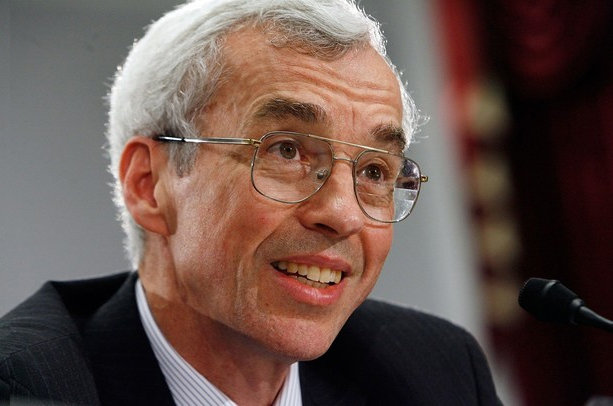Trump more likely refuses to certify JCPOA next month: ex-CIA analyst

TEHRAN – Professor Paul Pillar, who was CIA intelligence analyst for 28 years, tells the Tehran Times that “President Trump clearly is searching for a way to get out of the agreement. His objective in this regard has to do with fulfilling his campaign rhetoric and trying to undo another of his predecessor's accomplishments.”
Pillar also says, “The topic of inspections of Iranian military sites--a topic that was pushed especially by Trump's ambassador to the UN, Nikki Haley--has been intended to give the impression that Iran somehow was violating its obligations regarding such inspections.”
“The Trump administration's rhetoric has not made any reference to the procedures created by the JCPOA for inspections of non-declared sites,” Pillar tells the Tehran Times.
Following is the text of the interview.
Q: While the recent IAEA report confirms that Iran has met its obligations under the JCPOA, the U.S. seeks to withdraw from the nuclear deal with Iran and asks for inspection of Iran's military sites. What is the U.S. after?
A: President Trump clearly is searching for a way to get out of the agreement. His objective in this regard has to do with fulfilling his campaign rhetoric and trying to undo another of his predecessor's accomplishments. He would like to be able to say that Iran is not living up to its commitments under the JCPOA, regardless of what the IAEA certifies on this subject. The topic of inspections of Iranian military sites--a topic that was pushed especially by Trump's ambassador to the UN, Nikki Haley--has been intended to give the impression that Iran somehow was violating its obligations regarding such inspections. The Trump administration's rhetoric has not made any reference to the procedures created by the JCPOA for inspections of non-declared sites.
Q: Recently Trump extended the Iran sanctions relief for another 120 days and at the same time his treasury state imposed new sanctions on some Iranian companies and individuals. What do you think of this?
A: While Trump would like to get out from the agreement, he is hesitant to abrogate it directly. He is still searching for a way to forward, while continuing in his rhetoric to denounce the agreement. Meanwhile, it suits his purposes to let the controversy string out, which is why he issued the necessary sanctions waiver recently. A more likely way in which he will take a specific step against the JCPOA is to refuse to issue the required certification in October. This would essentially shift the action to Congress and invite Congress to enact new sanctions.
Q: Is it possible the U.S. invent fake documents against Iran as it did in the case of Iraq in 1990s?
A: I don't believe the Trump administration's strategy will ultimately involve fake documents. A more likely approach is to withhold certification next month, relying on a clause in the governing law that says the president can refuse to certify just because he believes the agreement is not in U.S. national interests, even if Iran is complying with its obligations.
Q: If the U.S. withdraws from the Nuclear deal, obviously the European companies and banks won’t work with Iran even if their governments remain committed to JCPOA. This won’t be pleasing for Iran. Shouldn’t Euorpean countries provide their companies and banks with necessary guarantees?
A: It is currently uncertain just how hard European governments will push back if Congress and the Trump administration re-impose nuclear-related sanctions and attempt to enforce them against foreign companies. The European governments will be in a difficult situation. They clearly support upholding the JCPOA and have never accepted the extra-territorial reach of U.S. sanctions and how those sanctions affect companies in their own nations, but they also do not want to make their own relations with Washington any worse.
Q: Trump's administration officials including Nikki Haley accuse Iran of destabilizing the region and relate the issue to the nuclear deal, while these issues have nothing to do with the deal. Why does the U.S. bring up such issues?
A: As far as the JCPOA is concerned, bringing this topic up is mainly a way of trying to make sure Americans dislike Iran intently and do not support doing any kind of business with Iran. There are genuine issues involving Iranian policies in the region and differences with U.S. interests, but most of the Trump administration's rhetoric does not attempt to make a specific argument that withdrawing from the JCPOA would be of any help in changing those policies. Instead it is more a matter of sustaining general dislike for Iran at an emotional level.
Leave a Comment